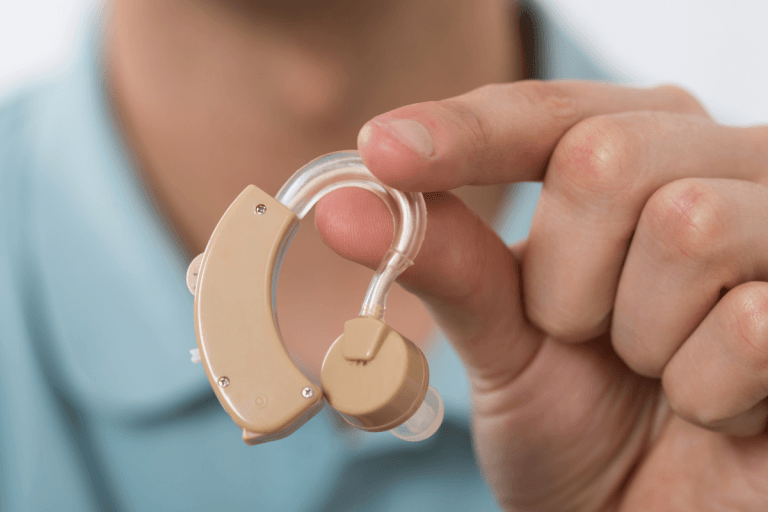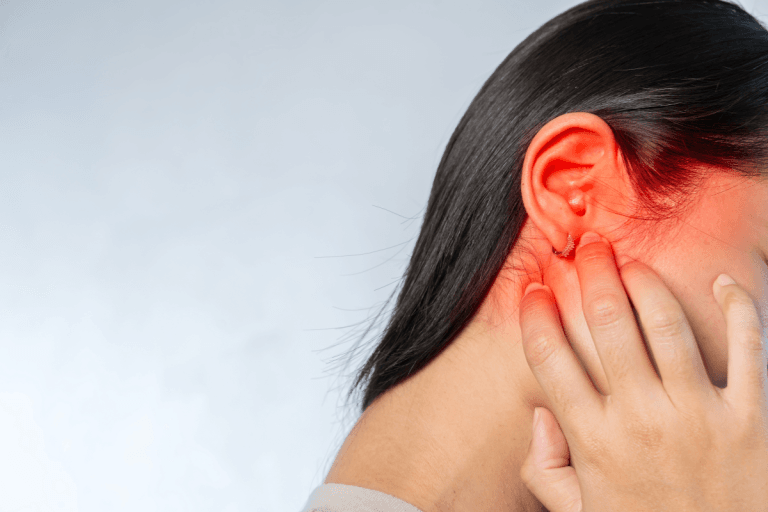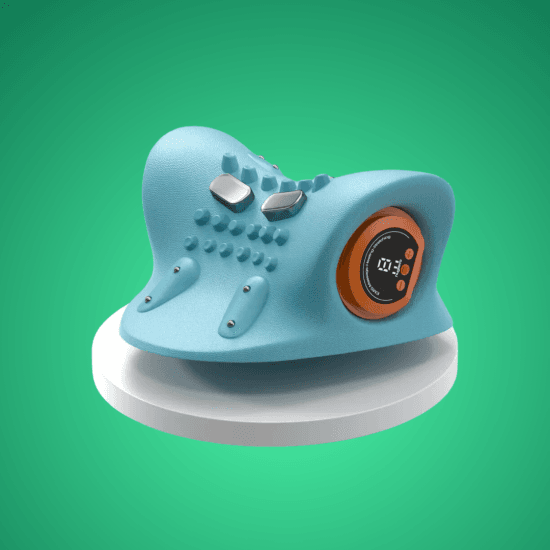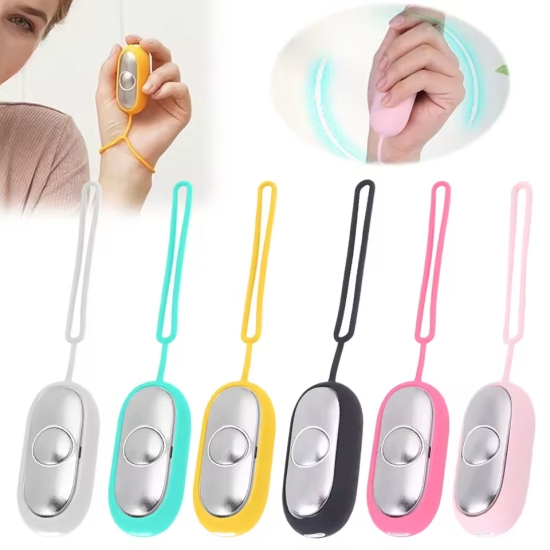Why Does My Hearing Aid Sound High-Pitched and How to Fix It?
If you’re experiencing a high-pitched or “tinny” sound from your hearing aid, it can be frustrating and make communication more difficult. A tinny sound can make voices and other noises feel unnatural, leading to discomfort and a less-than-ideal hearing experience. Fortunately, there are a variety of potential causes for this issue, and several solutions to restore the sound quality of your hearing aid. In this blog, we’ll explore why your hearing aid might sound tinny and how to fix the issue.
Common Causes of a Tinny Sound in Hearing Aids
- Incorrect Fit or Placement
A poor fit or improper placement of the hearing aid can lead to distortion or a tinny sound. If the device is not seated correctly in your ear, sound may bounce off the ear canal walls, resulting in an unnatural, high-pitched noise. - High Amplification Settings
If your hearing aid is amplifying sounds too much, it can cause distortion, making sounds appear tinny or artificial. This can be particularly noticeable with higher-pitched sounds, such as voices or background noises. - Earwax Buildup
Excess earwax in your ear canal or within the hearing aid itself can affect sound quality, including causing a tinny, muffled, or distorted sound. Earwax can block the microphone or speaker of the hearing aid, leading to poor sound transmission. - Overuse of Hearing Aid Features
Some hearing aids have advanced features like noise reduction, directional microphones, or feedback management. While these features are designed to improve sound quality, overusing them or using them in the wrong settings may lead to tinny sounds. This is especially true if the hearing aid is trying to filter out background noise in a way that distorts speech. - Outdated or Improperly Programmed Settings
Over time, hearing aids may need to be reprogrammed to better suit changes in your hearing. If your device hasn’t been adjusted to match your current hearing needs, the sound may become distorted or tinny. - Moisture or Dirt Inside the Device
Moisture or dirt buildup inside the hearing aid can affect its performance and result in tinny or poor sound quality. Humidity, sweat, or even a dirty ear mold can all interfere with how the sound is delivered through the hearing aid.
How to Fix the Tinny Sound in Your Hearing Aids
- Adjust the Fit
Ensure that your hearing aid is properly positioned in your ear. If it’s uncomfortable or not fitting snugly, try repositioning it to see if the sound quality improves. Some hearing aids come with different ear molds or tips that may help achieve a better fit. - Adjust the Volume and Settings
If your hearing aid is amplifying sound too much, try lowering the volume or adjusting the amplification settings. You can also consult your audiologist to help fine-tune the device and make sure the settings are appropriate for your hearing needs. - Clean Your Hearing Aid
Earwax buildup is a common culprit for distorted sounds. Clean your hearing aid and the ear canal regularly to remove any wax buildup that could affect the sound quality. Use the recommended tools, such as a brush or air blower, to safely clean the device and prevent further buildup. - Use the Correct Features
If your hearing aid has noise reduction or directional microphone features, make sure you’re using them in the right situations. Sometimes, these settings can be over-sensitive and may cause a tinny or artificial sound. Your audiologist can help you customize these features for your environment. - Reprogram Your Hearing Aid
If the tinny sound persists, it might be time to have your hearing aid reprogrammed. Changes in your hearing can affect how your device amplifies sound, so visiting your audiologist for a check-up and adjustment can ensure that your hearing aid is properly calibrated. - Dry Out Your Hearing Aid
If moisture is the issue, consider using a hearing aid dryer or desiccant to remove any excess moisture from the device. Keeping your hearing aid dry and clean will help maintain sound quality and performance.
When to Seek Professional Help
If you’ve tried adjusting the settings and cleaning your device but still experience a tinny sound, it may be time to consult your audiologist. They can check for any underlying issues such as damaged components or improper programming, and ensure that your hearing aid is functioning as it should. Regular check-ups and maintenance are important for keeping your hearing aid performing at its best.
By understanding the causes of a tinny sound in your hearing aid and following these steps, you can improve your listening experience and enjoy clearer, more natural sound. With proper care, regular adjustments, and correct settings, your hearing aid can provide the optimal hearing support you need.










